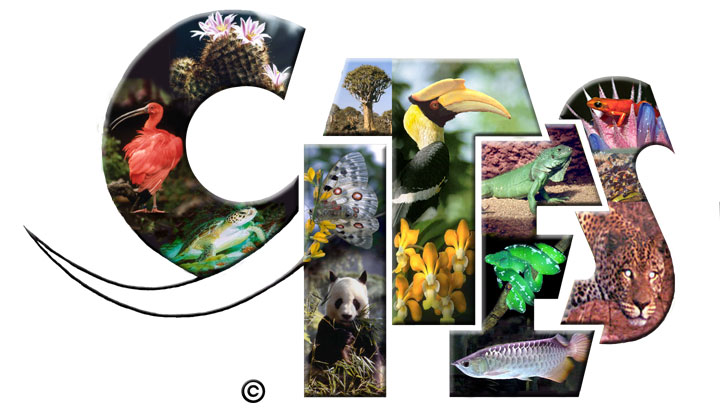
On November 18, 2022, Ipe and Cumaru, two of the most popular tropical decking products over the last few decades, were both added to the CITES Appendix II of the endangered species act. This occurred at the CITES Conference of the Parties of the Convention on International Trade in Endangered Species of Wild Fauna and Flora. Specifically, Ipe (including Handroanthus, Tabebuia, Roseodendron and the other 110 species that make up “Ipe”) and Cumaru (the 14 species of the genus Dipteryx) were added to the CITES Appendix II with an implementation deadline of 24 months.
This means that decking and lumber can still be harvested and exported from the rainforests over the next 24 months with potential certifications required by certain countries. After that the committee will reconvene to determine if these species need to be included in CITES Appendix I. This would make exportation illegal with very few exceptions. There will certainly be many continued lobbying efforts, but the bottom line is any attempt to label these species as “sustainable” is now futile.
Why are Ipe and Cumaru now on the endangered species list?
Robi Decking has been monitoring this possibility for several years. Tropical hardwoods are simply not sustainable or renewable. Little is known about reproduction and growth rates are amazingly slow. Ipe and Cumaru only grow to a maximum 12″ to 24” in diameter by age 100, and then slowdown from there. After that, each 200 years only adds another 12” in diameter. Many harvested logs are 6’ plus in diameter, meaning the trees are thousands of years old. And when the trees are logged, the land is stripped of its flora and often burned. This prohibits the rainforests from capturing future carbon.
On the CITES list, Ipe and Cumaru join other rainforest species approaching extinction. Others have such low volume that commercial trade is no longer permitted or feasible. Pernambuco wood (or brazilwood — paubrasilia echinatais) is nearly extinct as re-planting efforts have failed. Big-leaf mahogany (swietenia macrophylla) is illegal to trade in its native growing region. Teak (tectona grandis), when not plantation-grown, is one of the most expensive woods in the world. Without information and observation of re-growth, the logging of tropical hardwoods continues to be a threat to local ecosystems with potential catastrophic harm.
Supporting Resources from the Convention On International Trade In Endangered Species Of Wild Fauna And Flora:

